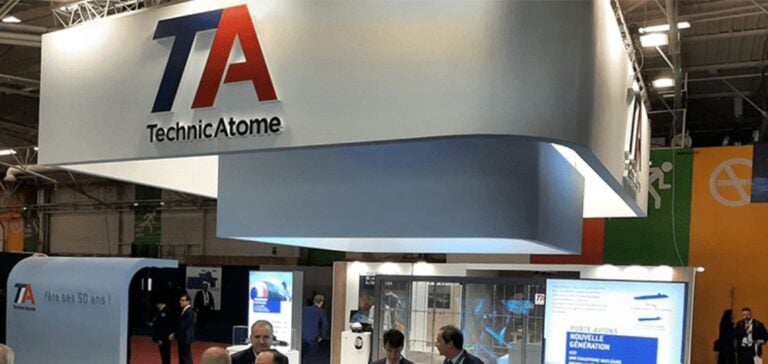In 2023, TechnicAtome recorded a significant increase in sales, driven by major military contracts, notably for the attack submarine fleet. The company, which specializes in the manufacture and operation of nuclear boilers for submarines and aircraft carriers, continues to play a key role in national defense. A major milestone was reached this year with the start-up of the reactor on the Duguay-Trouin submarine.
Nuclear technology and innovation
Since its separation from Areva in 2017, TechnicAtome has seen its economic activity increase by 50%, while its workforce has grown by 33%. CEO Loïc Rocard emphasizes the company’s long-term vision, focused on innovation in a demanding market. Current projects include the preparation of boiler rooms for the future PANG aircraft carrier and SNLE3G submarines.
Economic impact and forecasts
With net income equivalent to 15% of sales, TechnicAtome is on a sound financial footing. CFO Jean Merveilleux du Vignaux forecasts sales in excess of 600 million euros for 2024, testifying to the company’s confidence in its growth trajectory.
Commitment to the civilian and military sectors
Although 85% of TechnicAtome’s business is dedicated to the military sector, the company does not neglect the civilian sector. It is involved in the Nuward project with EDF, which aims to develop SMR, as well as a research reactor project.
TechnicAtome’s progress in 2023 illustrates its growing role in the nuclear industry, both in the defense sector and in civil energy. With ambitious projects and a clear strategy, the company is positioning itself as a major player in the future of nuclear power.






















